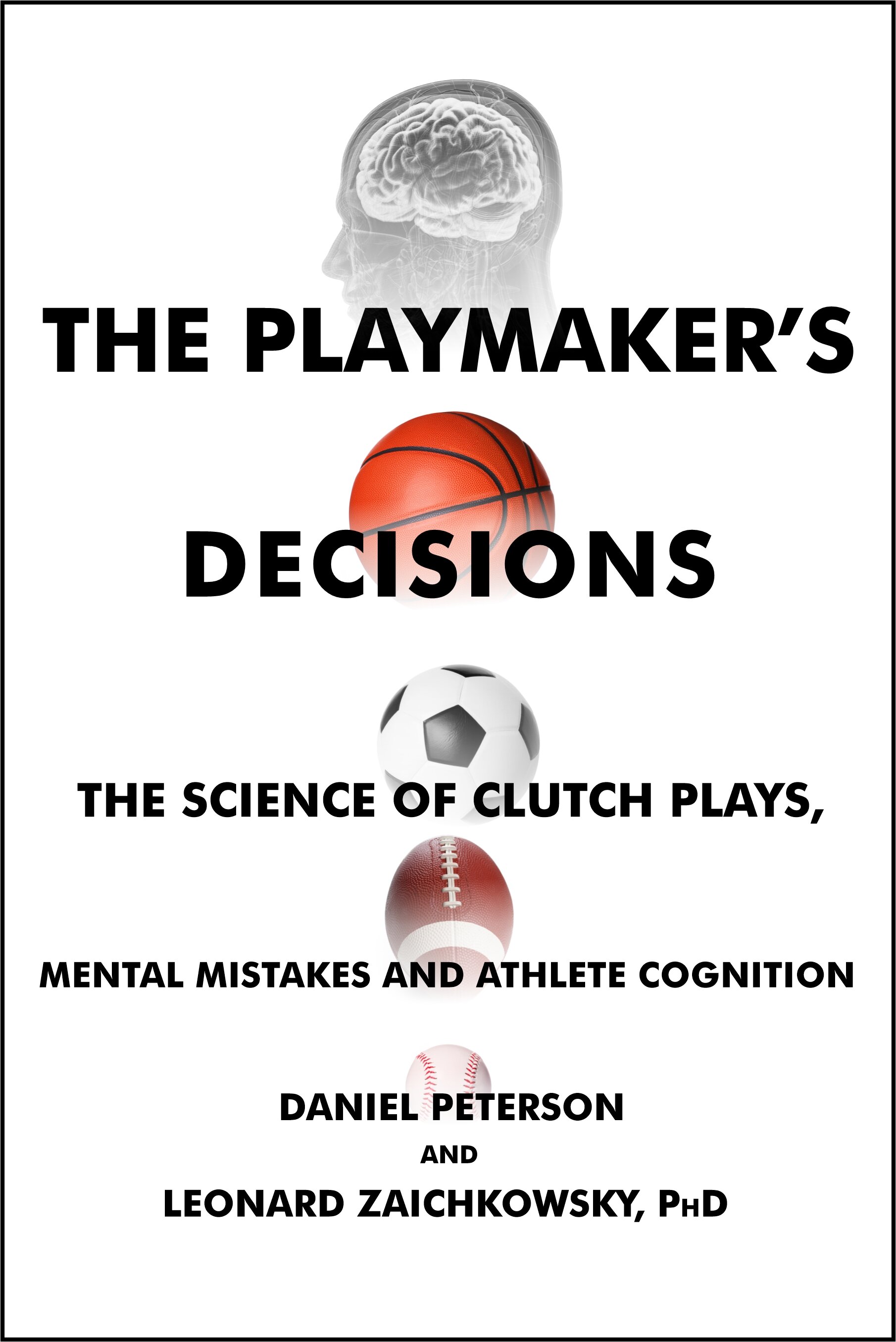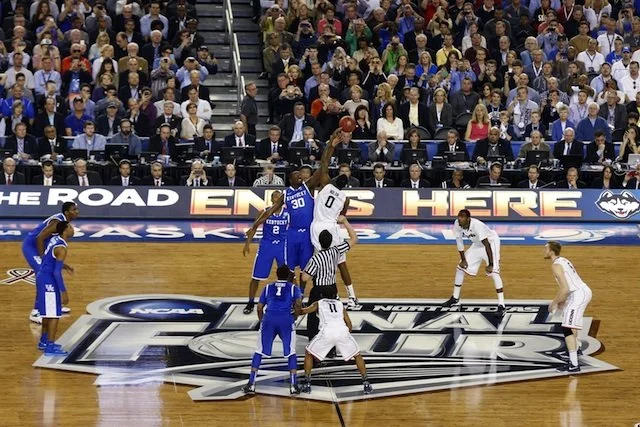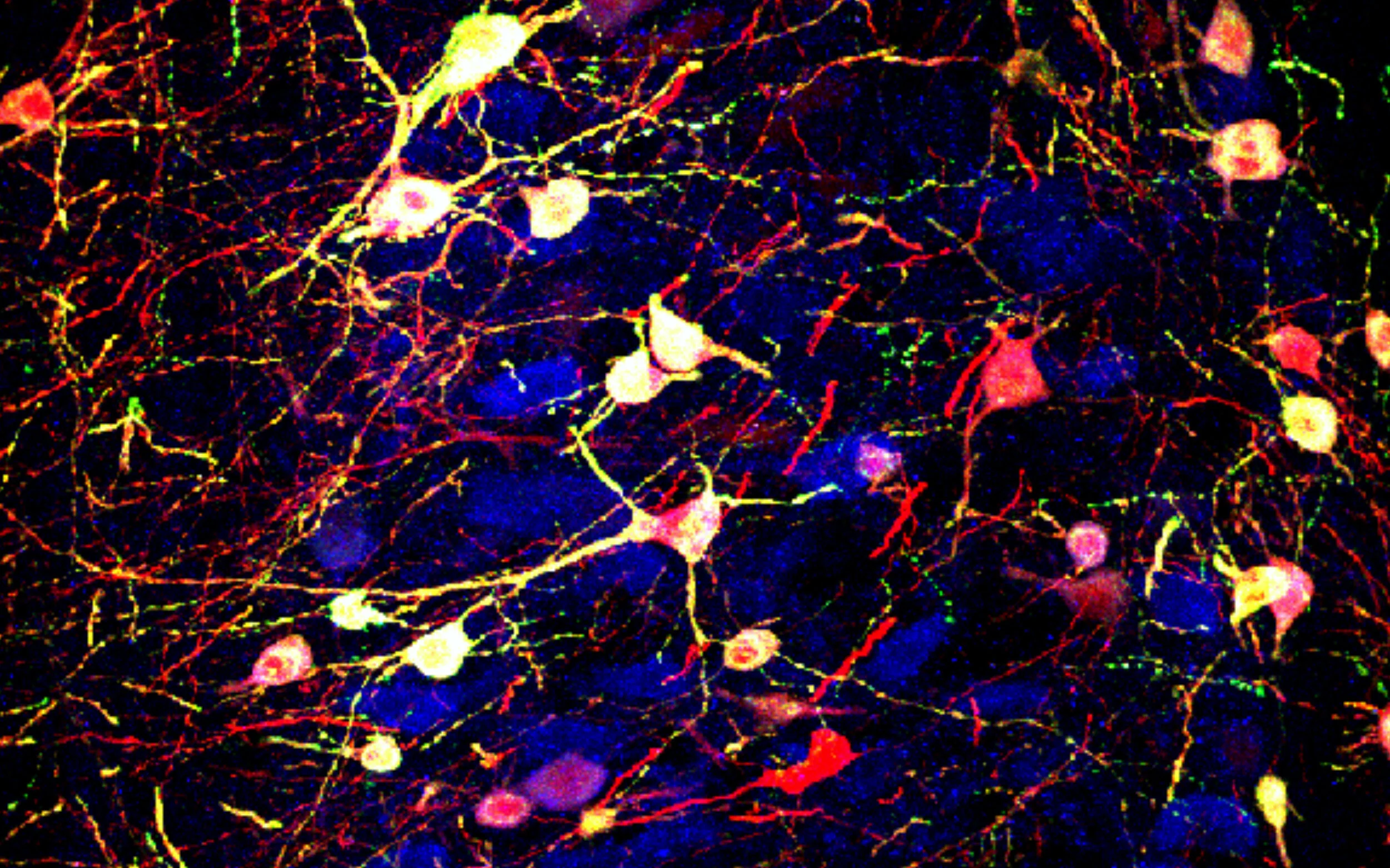Practice, practice, practice! That’s been the advice to young athletes for years but especially in the last decade as the road to 10,000 hours of deliberate practice became the accepted timeline to sports mastery.
Yet many research papers and anecdotal stories point out the many exceptions on both sides of the equation; kids with amazing skills at a young age, overnight teen sensations who just started playing a sport and twenty-somethings who are still trying to make it to the big time despite 10,000+ hours of practice.
If we could just peer into the brains of these budding superstars to see what’s going on when they learn… oh wait, we can! With the help of functional magnetic resonance imaging (fMRI), neuroscience researchers at the Montreal Neurological Institute and Hospital (aka “The Neuro), part of McGill University, recently watched the changes in young adults’ brains after they learned a new task. But they also noticed that a different area of the brain could predict how well each of the students would perform when learning something new.
Read More













